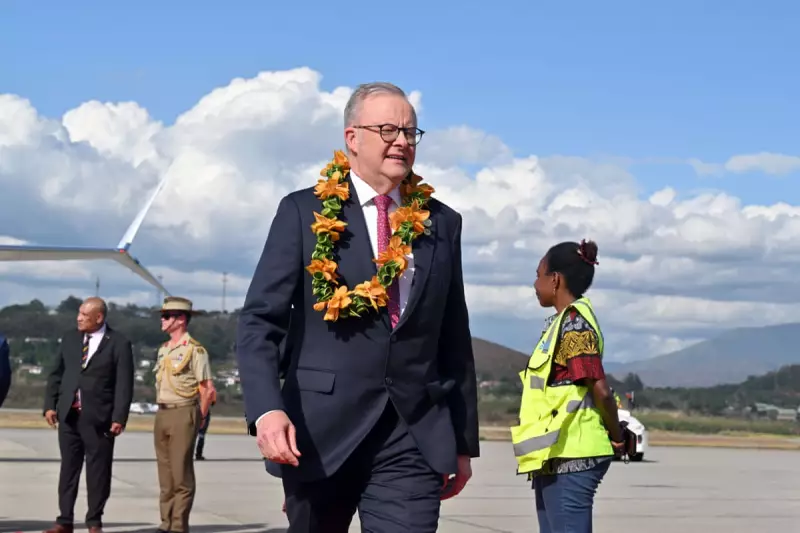
In a significant diplomatic setback for the Albanese government, Papua New Guinea has unexpectedly delayed the ratification of a landmark bilateral security treaty with Australia, throwing Canberra's Pacific strategy into uncertainty.
The crucial defence pact, signed amid great fanfare in December 2023, has been pulled from PNG's parliamentary schedule at the eleventh hour. This move represents a substantial blow to Australia's efforts to counter growing Chinese influence in the Pacific region.
Parliamentary Process Grinds to Halt
Papua New Guinea's leader, James Marape, confirmed the postponement, stating the treaty required "further consultations" before proceeding through parliament. The delay means the agreement cannot be ratified during the current sitting period, pushing any decision until November at the earliest.
This development comes despite Australian officials previously expressing confidence that the treaty would be ratified seamlessly. The last-minute withdrawal suggests either domestic political opposition or concerns about the pact's provisions have emerged in Port Moresby.
Strategic Implications for the Pacific
The security agreement, designed to deepen defence and policing cooperation between the two nations, was a cornerstone of Australia's strategy to maintain its influence in the Pacific. The delay will be closely watched in Beijing, which has been actively pursuing its own security arrangements with Pacific island nations.
Australian Defence Minister Richard Marles had championed the treaty as a "historic" achievement that would allow Australian defence personnel to work more closely with their PNG counterparts. The postponement now raises questions about the implementation timeline of these enhanced security arrangements.
Political Fallout for Canberra
For Prime Minister Anthony Albanese, the delay represents another foreign policy challenge following recent difficulties in the region. The government had positioned the PNG treaty as evidence of Australia's renewed engagement with Pacific neighbours under its "Pacific Step-Up" initiative.
Opposition foreign affairs spokesman Simon Birmingham described the development as "deeply concerning," suggesting it reflected broader questions about Australia's standing in the region. The government now faces increased pressure to demonstrate its diplomatic effectiveness in the Pacific theatre.
As both nations navigate this unexpected delay, attention turns to whether Australian officials can address whatever concerns have emerged in Port Moresby and salvage what was meant to be a flagship bilateral agreement.






